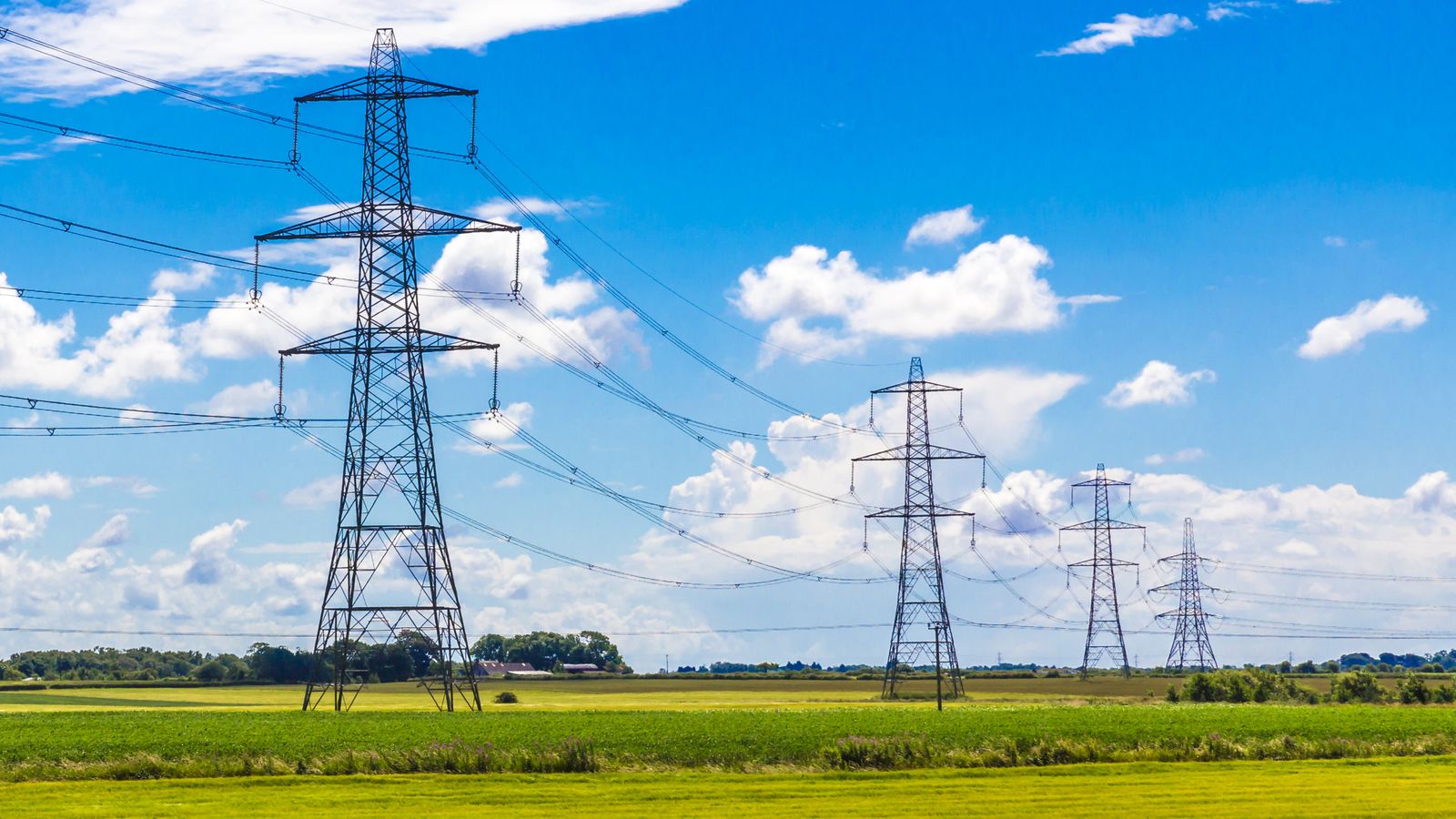The energy price cap is set to rise in January at a steeper level than initially expected due to “growing volatility” in global wholesale costs, according to a closely watched report.
Market specialist Cornwall Insight said the Israel-Hamas war and the effects of industrial action overseas had contributed to a shift in its energy price cap predictions since September.
Then, it had seen the average annual dual fuel bill, paid by direct debit, rising by an average £64 in January on the current cap level of £1,834.
But it said on Thursday that it now sees January’s sum rising to £1,923 per year – with a small, further increase to £1,929 from April.
Global oil costs have been on the rise since June – initially due to production cuts by major oil-producing nations Saudi Arabia and Russia.
Volatility has increased amid fears of a wider conflict in the Middle East since the Hamas attack on Israel and subsequent retaliatory military action in Gaza.
Wholesale gas costs – which spiked to unprecedented levels last year in the fallout from Russia’s invasion of Ukraine – remain well down on those record highs.
Please use Chrome browser for a more accessible video player
However, there is a traditional increase heading into the northern hemisphere winter and costs still reflect the growing dependence on liquefied natural gas (LNG) due to the loss of Russian supplies.
Day-ahead contracts, according to LSEG data, showed a UK wholesale price of 89p per therm.
Pre-Russia war that figure, for the time of year, would be closer to 60p.
The energy price cap is set by the regulator Ofgem.
It is due to reveal the new figure for the cap, to run for three months from January, later this month.
Be the first to get Breaking News
Install the Sky News app for free
If the Cornwall Insight projections prove accurate, it threatens to add to the evolving cost of living crisis.
The Bank of England added to the gloom on Thursday when it warned that Bank rate would remain high, likely for longer than financial markets expect.
It dashes hopes that borrowing costs, such as mortgages, will see any shift downwards over the next 12 months.
Dr Craig Lowrey, principal consultant at Cornwall Insight, said of its findings: “The jump in price cap predictions since September has once again highlighted the vulnerability of UK energy prices – and customer bills – to geopolitical events.
“As we saw with the Russian invasion of Ukraine, there is a delicate balance in the global energy market which can easily be disrupted by unexpected events, and it looks as though the situation in the wholesale markets may to some extent be repeating itself.”
Read more from Sky News:
Bank of England warns of flat growth until 2025 as interest rate held
Shell shareholder rewards hit $23bn for the year as profits rise
Elon Musk set for Downing St talks with the PM
He added: “The government needs to take steps to proactively limit the impact that such situations have on the UK’s energy market, and already stretched households, rather than reacting to events as they occur.
“Stop-gap measures such as social tariffs and one-off payments are helpful, but they are not a long-term solution.
“While the UK will never be entirely protected from global price increases, reducing the country’s reliance on imported energy and prioritising sustainable, domestically sourced energy will help protect the country from international energy shocks, and work to stabilise prices over the next decade.
“This is a far better approach than simply mitigating price rises each time they occur.”






















